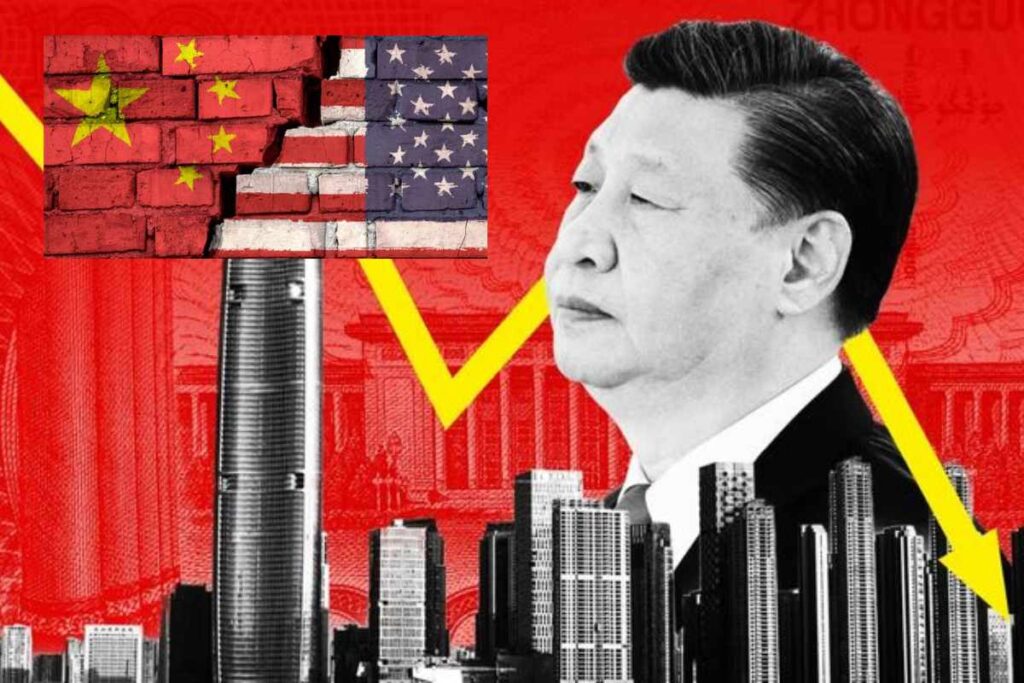In recent years, China’s booming property market, once a pillar of its rapid economic growth, has shown significant signs of challenges. The U.S. sanctions on China are affecting its economy, and it is facing more challenges than ever, especially in light of the growing pressure.
The combination of these two factors has significantly impacted some Chinese cities, where the consequences of U.S. sanctions and the decline in the real estate market are deeply felt. As China struggles with these economic challenges, the consequences are extensive, affecting the local economy and the state of the world economy.
The property crisis in China has been brewing for some time, driven by skyrocketing property prices, mounting debt among developers, and the government’s efforts to rein in speculation. This crisis has reached a breaking point, with several high-profile property developers experiencing financial setbacks, leading to stalled projects and a drop in property values.
Meanwhile, U.S. sanctions, especially those directed at China’s semiconductor industry, have made the economic problems worse, increasing the strain on important cities that rely heavily on manufacturing and technology.
Understanding the U.S. Sanctions on China
On Friday, August 9th, the U.S. sanctioned a long list of Chinese and Russian companies over their support for Moscow’s war in Ukraine as the Biden administration looks to sharpen its tools aimed at crippling Moscow’s war machinery.
The sanctions list, which names around 400 individuals and entities as targets, is one of the broadest measures ever implemented against Chinese companies for their support in the war against Ukraine.
The goal of the U.S. sanctions is to disrupt Russia’s access to microelectronics and computer numerical control equipment, or machine tools—non-lethal technology that the Biden administration has said China has allegedly been providing to Moscow for use in the war in Ukraine for months.
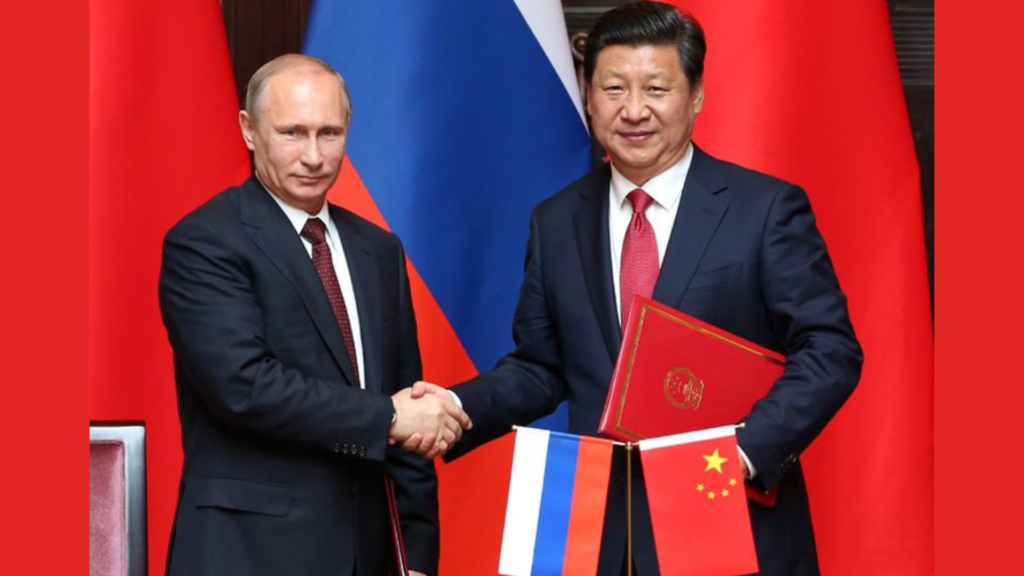
The latest U.S. sanctions on China have been critical to the ongoing geopolitical tensions between the two countries. These sanctions targeted essential industries, including semiconductors, telecommunications, and finance, to limit China’s technological advancements and military capabilities.
Semiconductors are the backbone of modern technology, essential for everything from smartphones to advanced military systems. The sanctions on China’s semiconductor industry, particularly the U.S. sanctions on China in 2021 and 2023, have severely restricted China’s access to essential technologies and components.
This has hindered China’s technological advancement and placed a great deal of strain on the cities that serve as centers for the semiconductor and technology industries.
ALSO READ: U.S. and China Sign Agreement to Collaborate on Financial Stability
Which Cities Are Affected by the U.S. Sanctions?
Several key cities in China, especially those that serve as centers for the manufacturing and technological industries, have been particularly affected by the U.S. sanctions.
These cities, which have historically led China’s economic expansion, are currently dealing with the fallout from the U.S. sanctions, which have led to a slowdown in the country’s economy, job losses, and increased uncertainty.
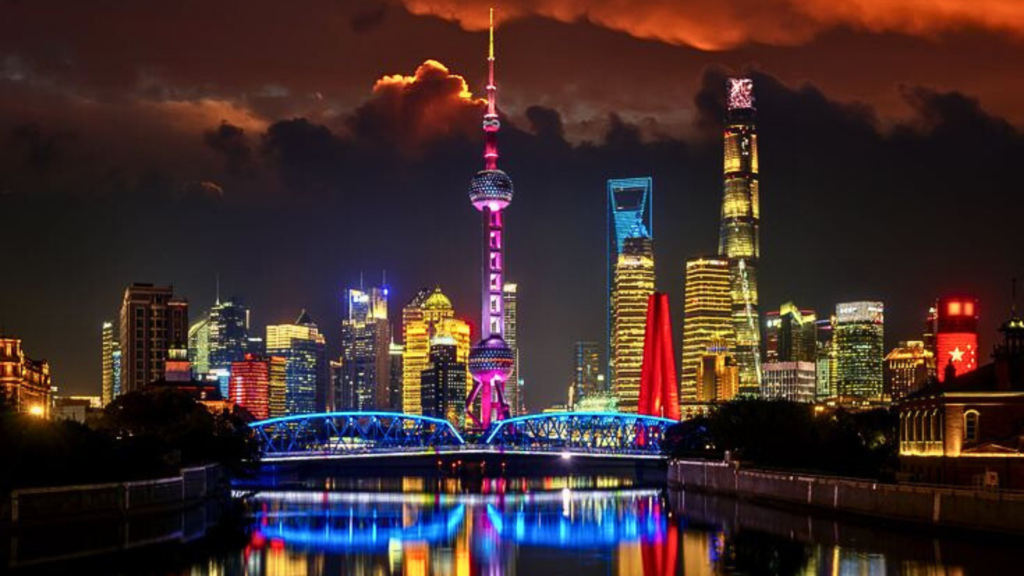
The cities include Shenzhen, known as China’s Silicon Valley; Shanghai, popularly known as China’s financial center; Chengdu, located in the western part of China; Guangzhou, one of China’s largest cities and a significant manufacturing center; and finally, the capital city of China, Beijing, a hub for high-tech industries and research institutions.
How Is China Responding to the U.S. Sanctions?
China’s response to U.S. sanctions has been diverse, involving a combination of diplomatic efforts, economic policies, and technological advancements. On the diplomatic level, China has tried engaging with the U.S. through dialogue and negotiation to ease tensions and find common ground. However, these efforts have not had much impact, as the U.S. continues to mistrust China’s technological and military ambitions.
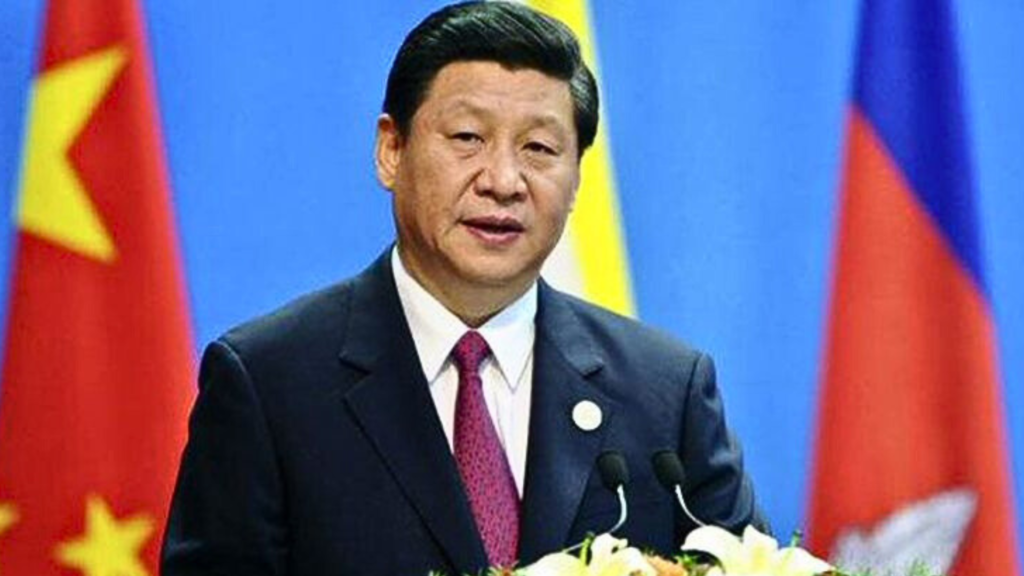
Economically, China has implemented several measures to lessen the impact of U.S. sanctions. These include increasing domestic production of semiconductors and other vital technologies, investing in research and development, and boosting partnerships with other countries to reduce dependence on U.S. technology.
Technologically, China has intensified its efforts to develop indigenous technologies, especially in the semiconductor industry. The government has provided substantial funding and support to domestic companies, encouraging them to innovate and lessen their reliance on foreign technology.
ALSO READ: China’s Move Away from the U.S. Dollar Signals Escalating Tensions
The Impact of U.S. Sanctions on China’s Property Market
In addition to the U.S. sanctions, the property market in China is facing a crisis that is worsening the economic challenges in key cities. The property market, a key driver of China’s economic growth for decades, is now experiencing a downturn, with falling property values, halted projects, and growing debt among developers.
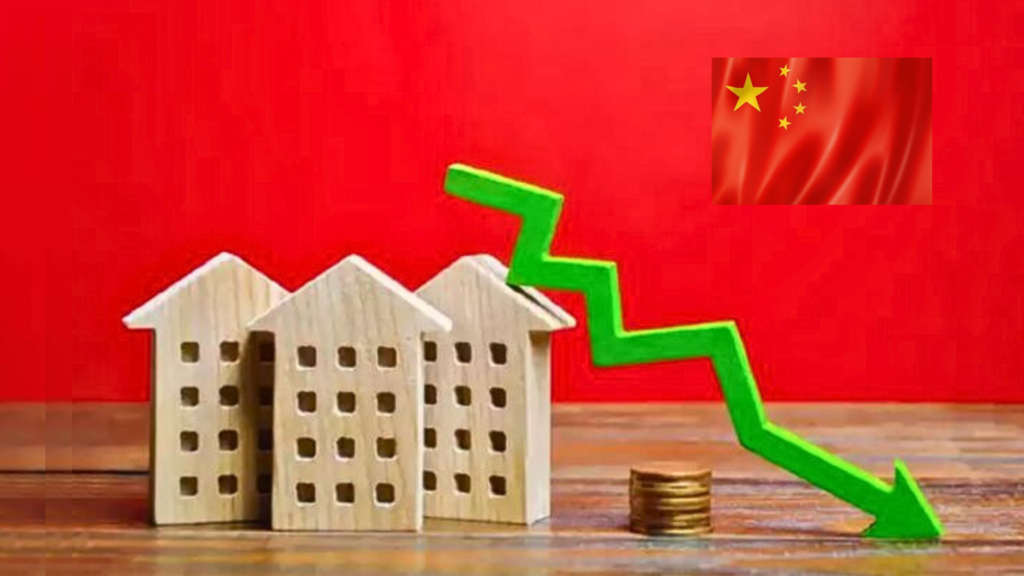
The property crisis has significantly impacted the economies of key cities, especially those that have seen rapid urbanization and real estate development. Cities like Shenzhen, Shanghai, and Beijing, which have seen a surge in property prices in recent years, are now dealing with the fallout from the market.
The decline in property values has decreased household wealth, decreased consumer spending, and increased financial instability.
What Happens if the U.S. Sanctions China Further?
The possibility of further U.S. sanctions on China raises concerns about the possible effects on the world economy and geopolitical stability. If the U.S. were to impose additional sanctions, mainly targeting critical industries like finance, technology, and energy, the repercussions could be severe for both China and the global economy.
Further sanctions could increase China’s economic isolation, making it more difficult for Chinese companies to access international markets and technology. This could slow down China’s economic growth, increase unemployment, cut consumer spending, and create financial instability.
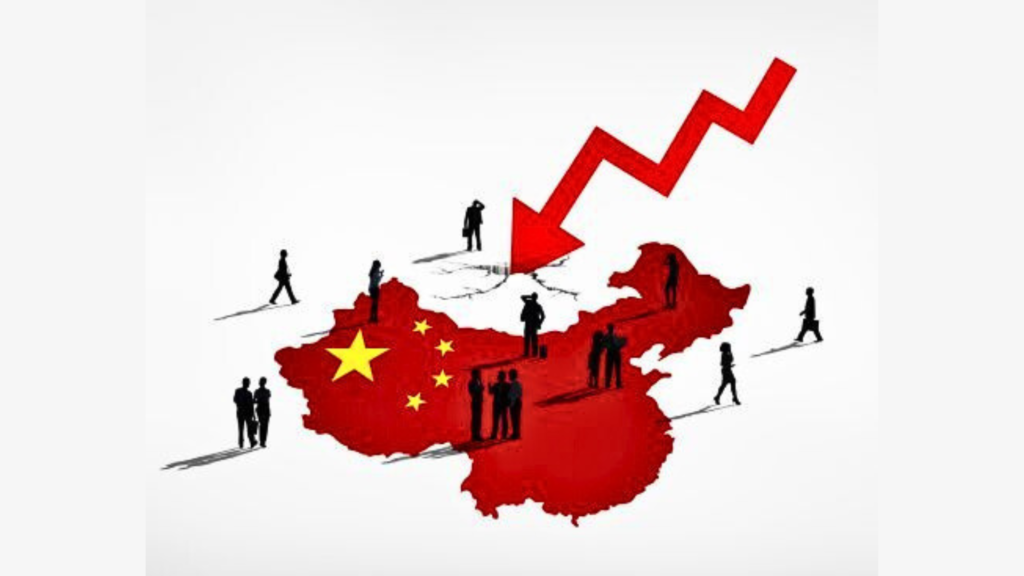
Additional sanctions could worsen the geopolitical tensions between the U.S. and China, leading to further deterioration in bilateral relations. Other nations might be compelled to pick a side in the intensifying conflict, which could impact international trade, investment, and security.
As the situation develops, the world will watch closely how China navigates these difficulties and what the future holds for its economy and its relationship with the United States.
You Might Also Like:
How Elon Musk’s Endorsement of Trump Might Have Backfired
Controversy Erupts Over California School District’s All-Electric Bus Fleet
Black Myth Wukong: China’s First Global Gaming Success Sells Millions in Its First Week
China’s Electric Car Competition Shifts Focus to Chip Technology as Tech Becomes Key Differentiator

